Gold computer chip takes science photography's top prize
Researchers and doctoral students share 'inspirational' images of Science in Action
A free daily email with the biggest news stories of the day – and the best features from TheWeek.com
You are now subscribed
Your newsletter sign-up was successful
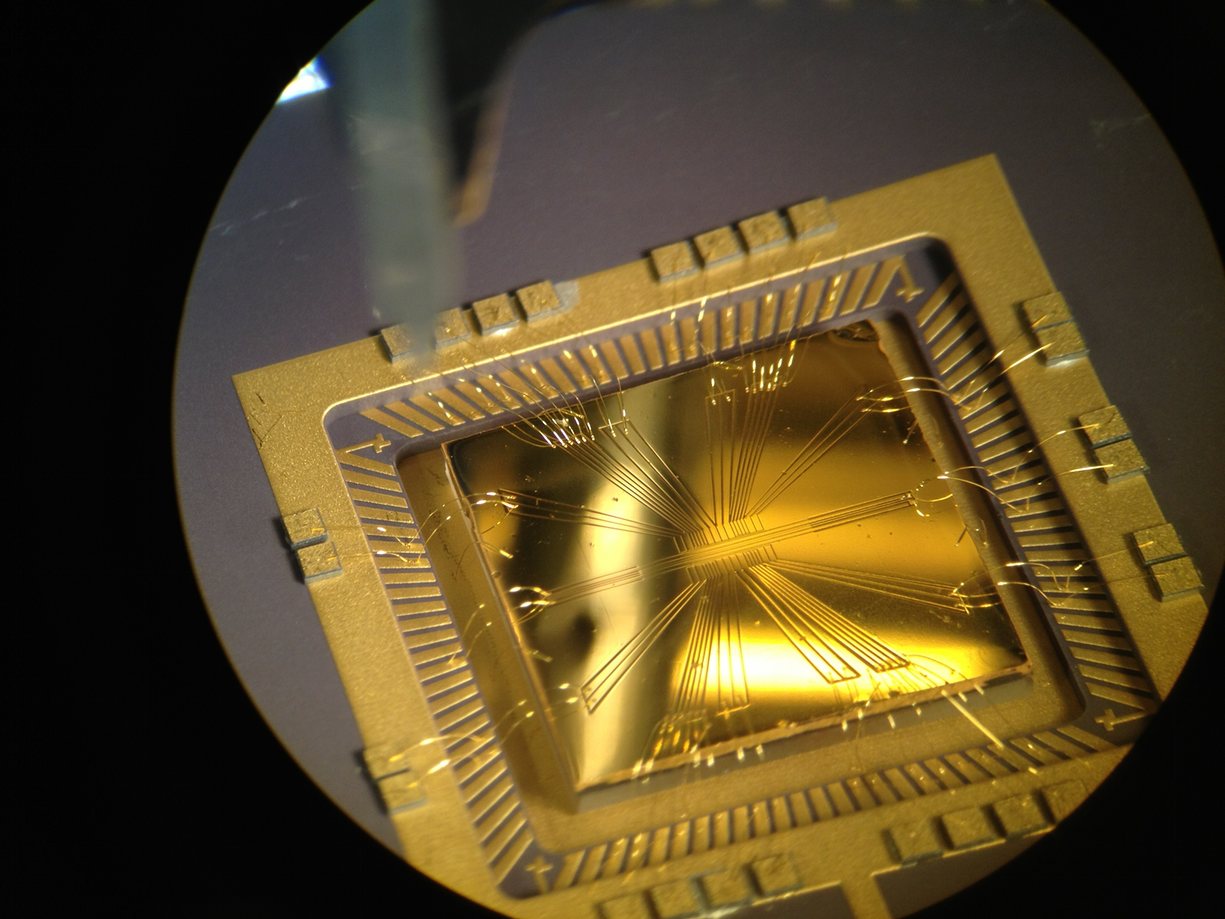
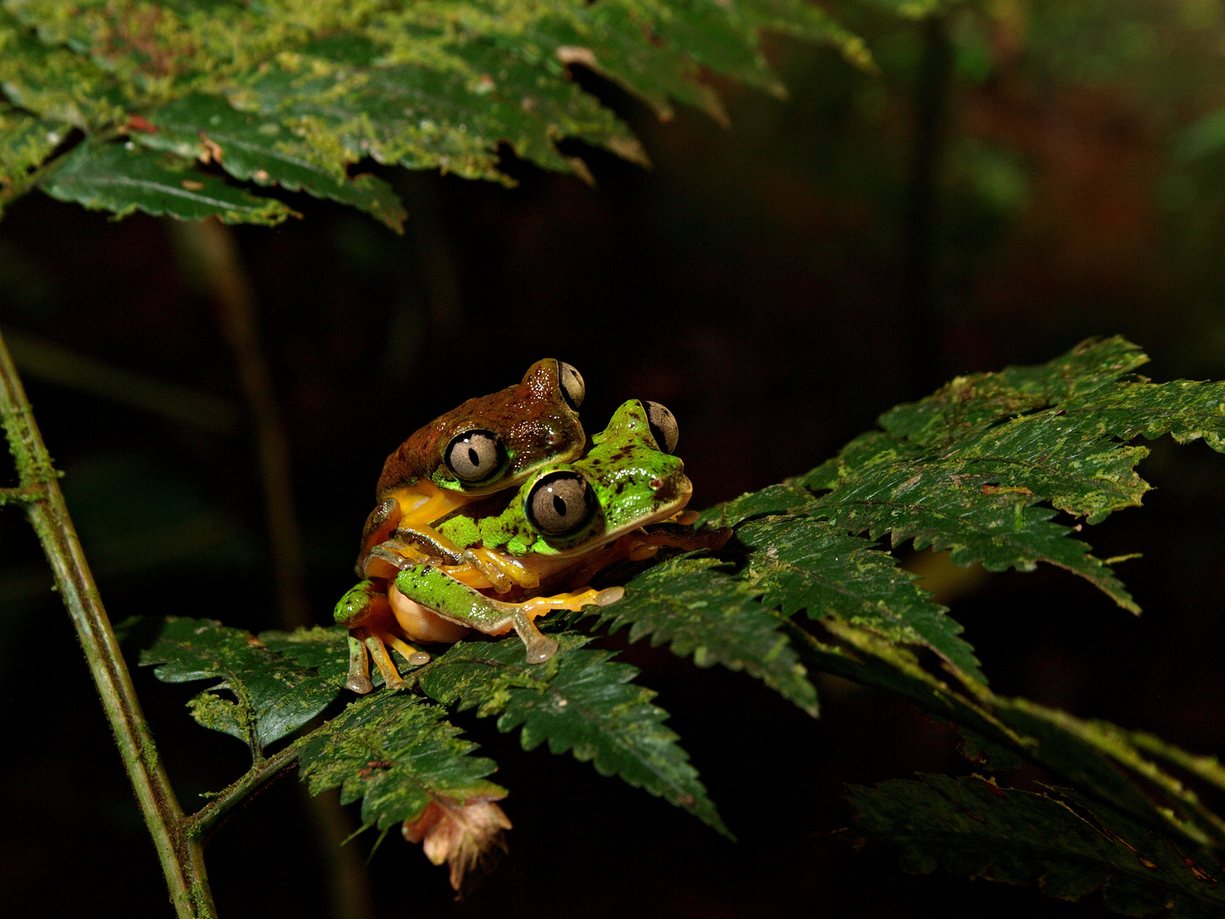
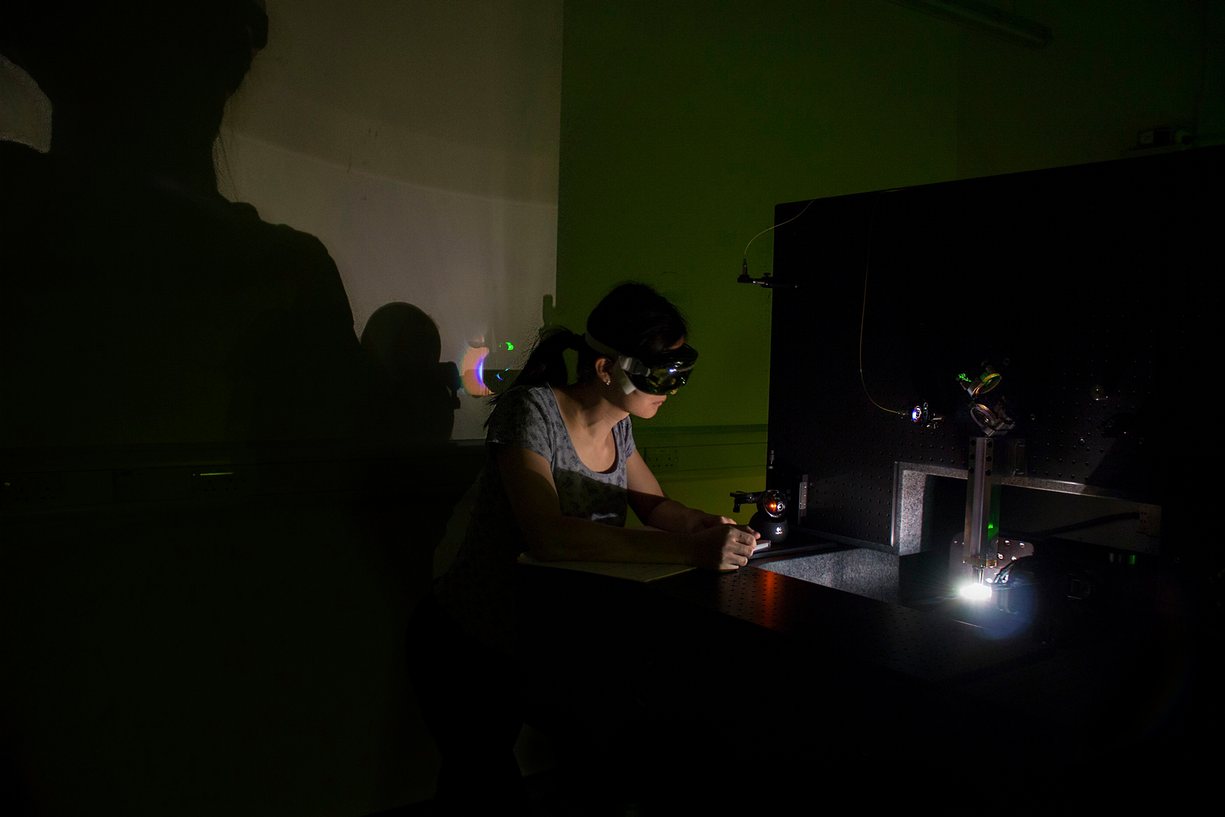
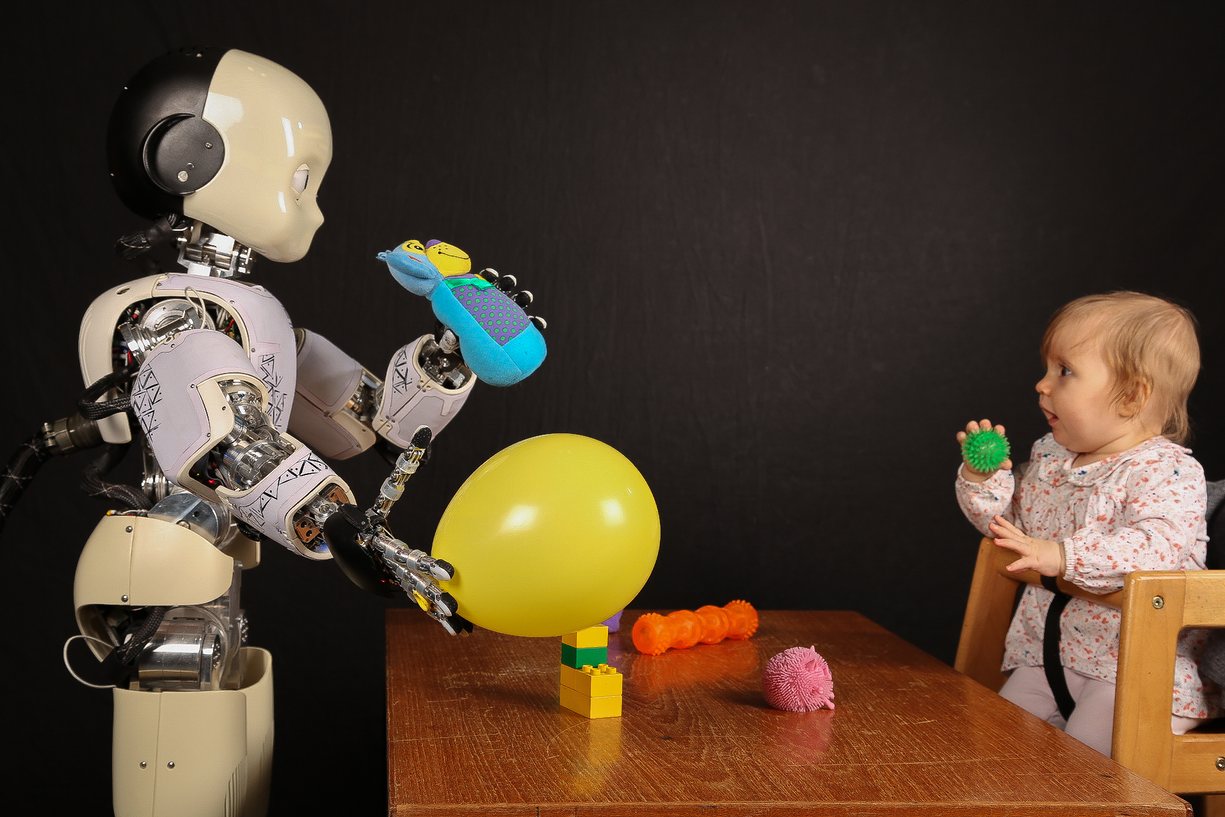
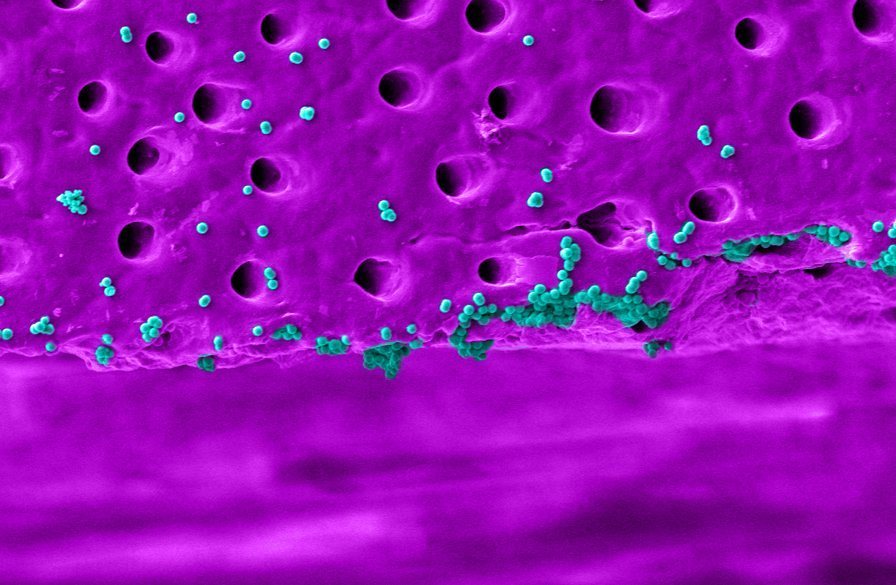
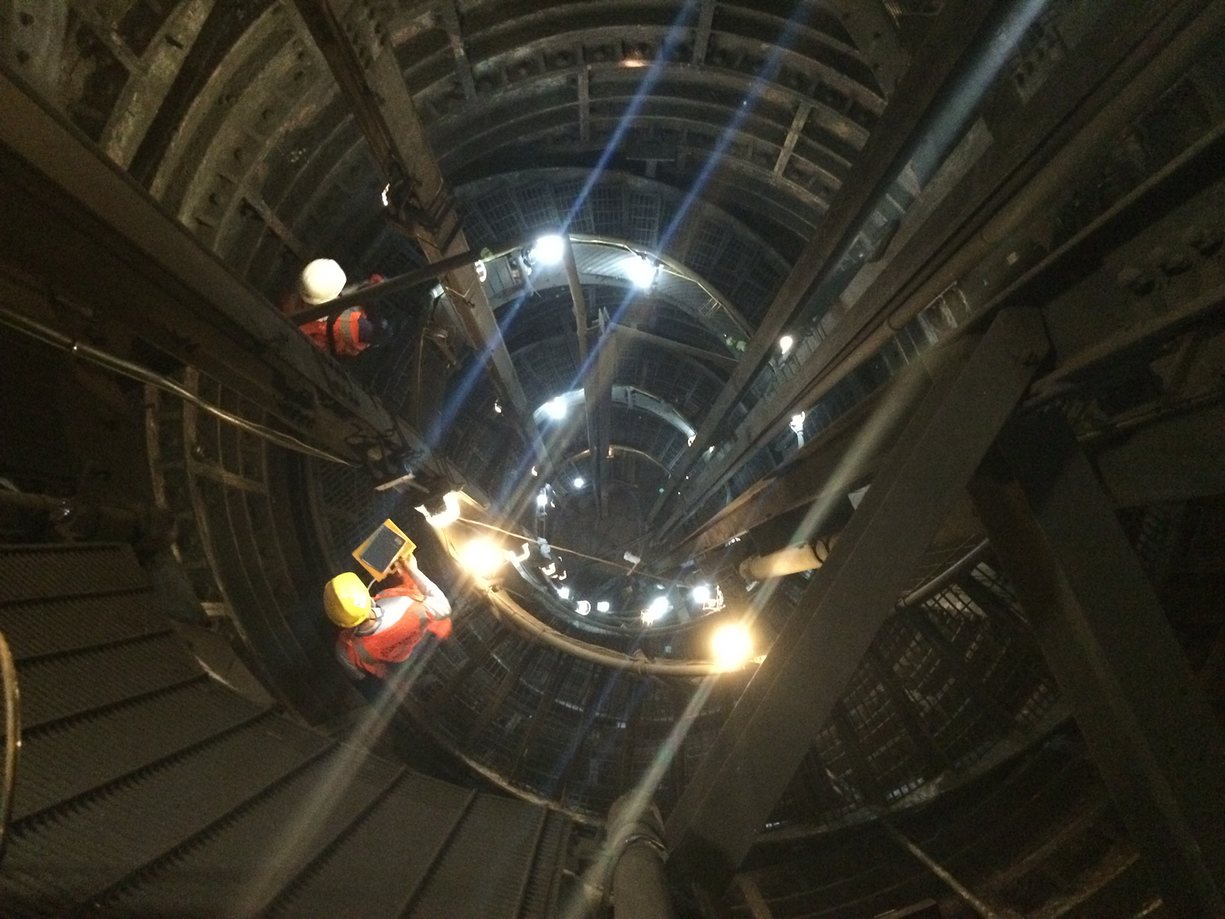
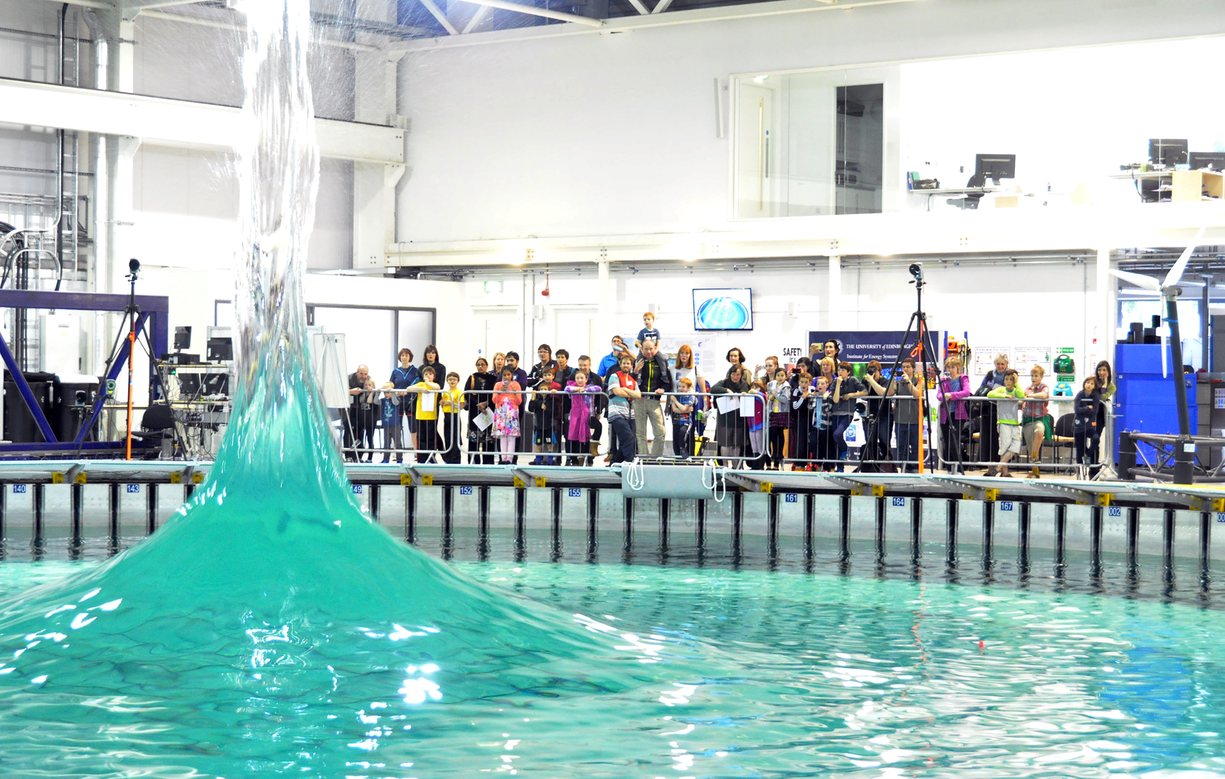
An image of a hi-tech gold computer chip, used in quantum computing, has taken first prize overall in the Engineering and Physical Sciences Research Council's (EPSRC) photo competition.
The winning photo by student Diana Prado Lopes Aude Craik, from the University of Oxford, had to be taken down the lens of a precision microscope due to the complexity and detail of the device.
The development of the chip was funded jointly by the EPSRC and the US Army Research Office.
The Week
Escape your echo chamber. Get the facts behind the news, plus analysis from multiple perspectives.

Sign up for The Week's Free Newsletters
From our morning news briefing to a weekly Good News Newsletter, get the best of The Week delivered directly to your inbox.
From our morning news briefing to a weekly Good News Newsletter, get the best of The Week delivered directly to your inbox.
The annual competition allows researchers and science doctoral students to share their pictures of Science in Action. The competition's five categories were: Eureka, Equipment, People, Innovation, and Weird and Wonderful.
The competition received more than 200 entries from researchers in receipt of EPSRC funding.
Judge Professor Robert Winston said: "It is crucial to promote greater understanding of science and engineering research, the role it plays in making new discoveries, developing new technologies and in making the world a better place for us all. These are truly inspirational images and tell great stories. It was a real pleasure to take part as a judge and I hope people will want to find out more."
"Yet again, the standard of entries into this year’s competition shows the inquisitive, artistic and perceptive nature of the people EPSRC supports," added Professor Philip Nelson, the chief executive of the council.
A free daily email with the biggest news stories of the day – and the best features from TheWeek.com
"This competition helps us engage with academics and these stunning images are a great way to connect the general public with research they fund, and inspire everyone to take an interest in science and engineering."
-
 Switzerland could vote to cap its population
Switzerland could vote to cap its populationUnder the Radar Swiss People’s Party proposes referendum on radical anti-immigration measure to limit residents to 10 million
-
 Political cartoons for February 15
Political cartoons for February 15Cartoons Sunday's political cartoons include political ventriloquism, Europe in the middle, and more
-
 The broken water companies failing England and Wales
The broken water companies failing England and WalesExplainer With rising bills, deteriorating river health and a lack of investment, regulators face an uphill battle to stabilise the industry
-
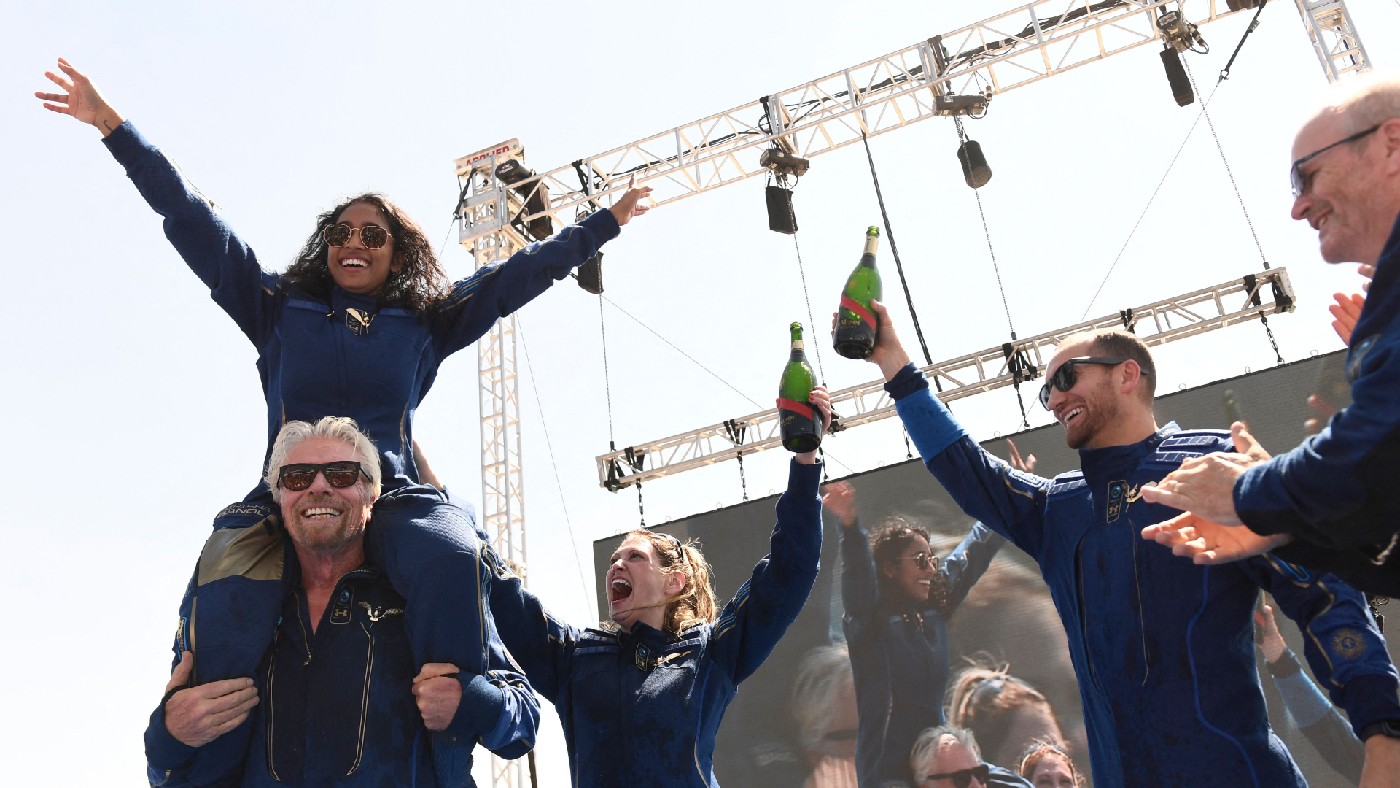 Richard Branson’s Virgin Galactic and Jeff Bezos’s Blue Origin: the new space race?
Richard Branson’s Virgin Galactic and Jeff Bezos’s Blue Origin: the new space race?Speed Read Branson has declared space open for business. Is that still a pie in the sky?
-
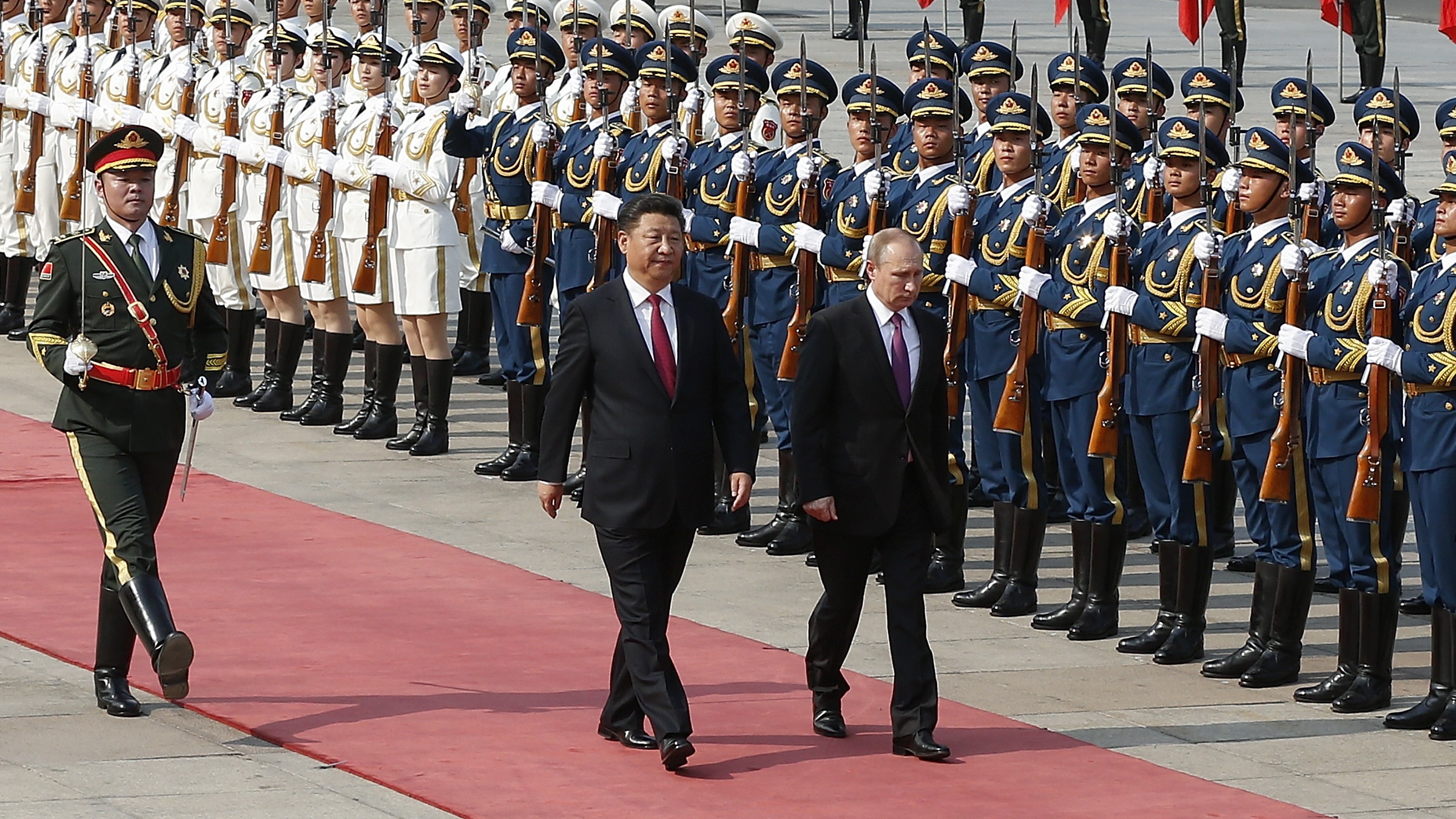 Russia and China joining forces to build first Moon base
Russia and China joining forces to build first Moon baseSpeed Read Lunar pact represents ‘all kinds of security threats’ to UK and US, expert warns
-
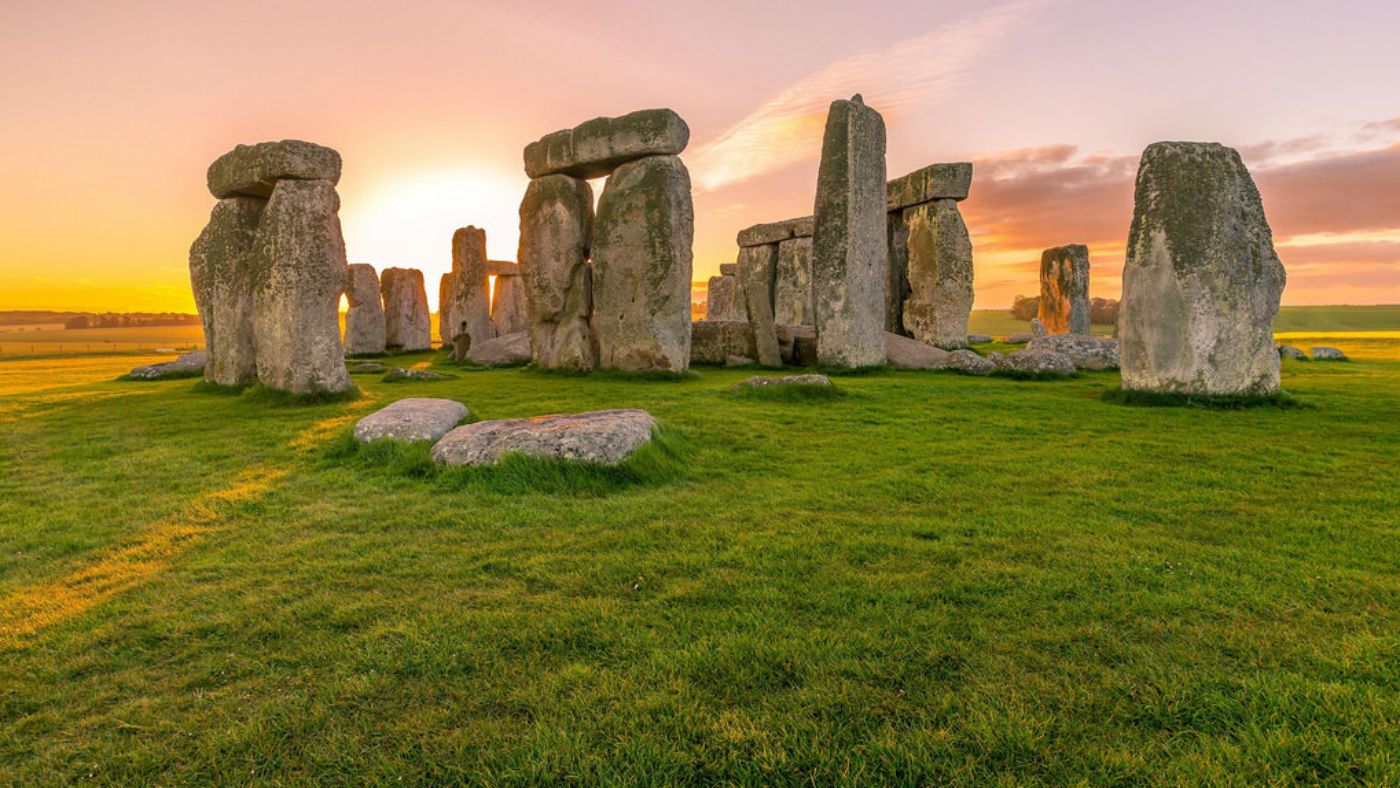 Mystery of where Stonehenge stones came from finally solved
Mystery of where Stonehenge stones came from finally solvedSpeed Read But how the builders moved the huge stone megaliths to the Salisbury site remains a mystery
-
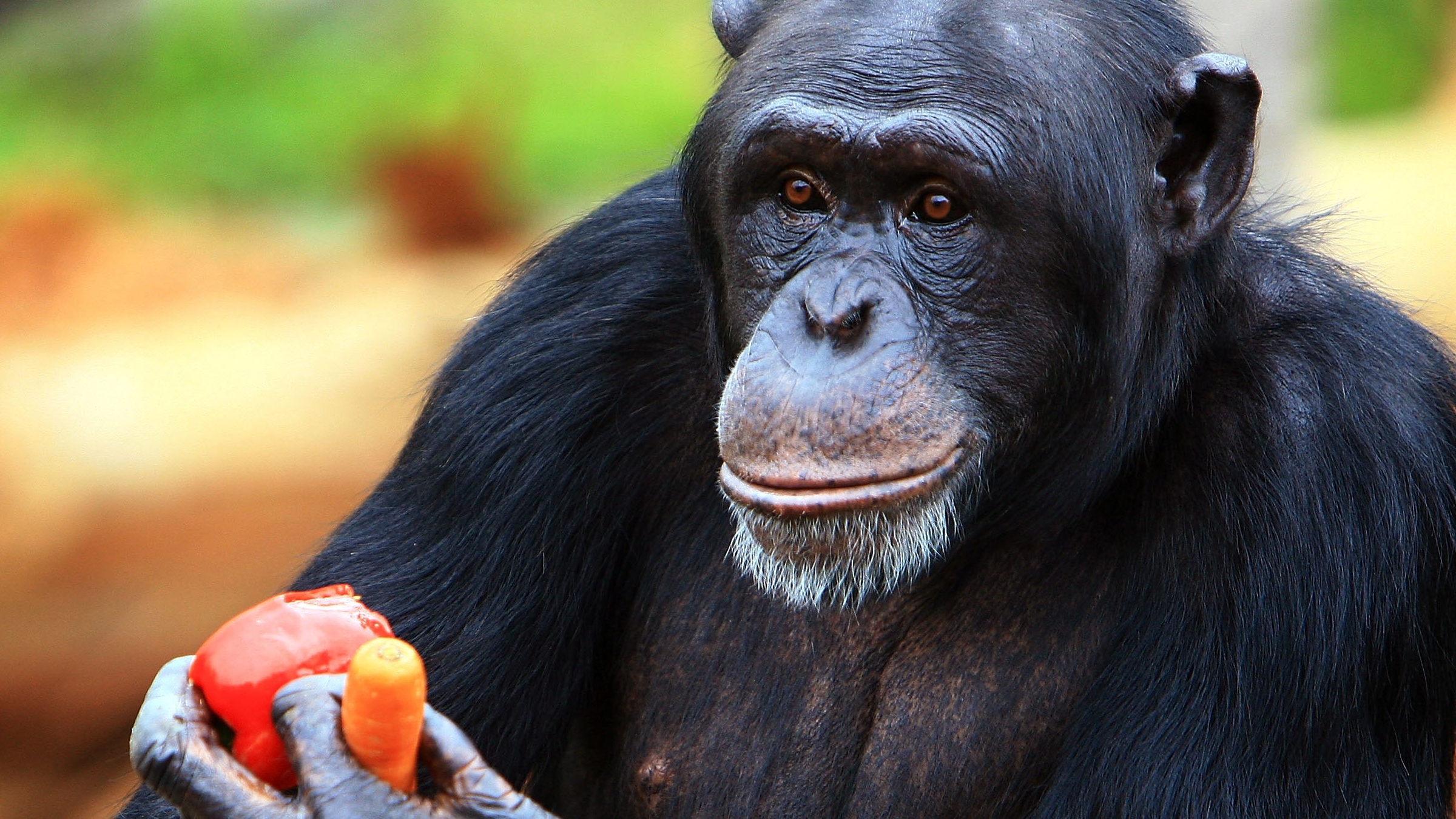 How chimpanzee ‘lip smacking’ can unlock mystery behind human speech
How chimpanzee ‘lip smacking’ can unlock mystery behind human speechSpeed Read New study reveals rhythm of great apes’ communications is identical to spoken language
-
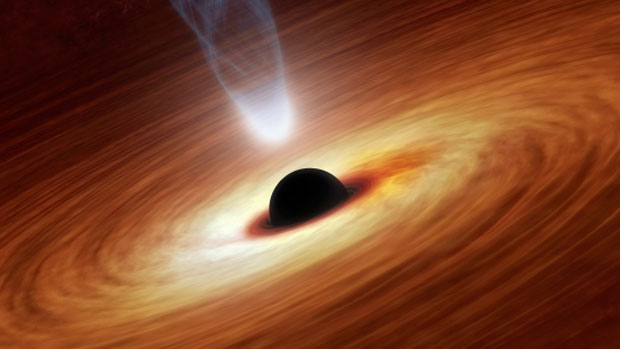 Scientists discover new variety of black hole
Scientists discover new variety of black holeSpeed Read Astronomers had previously missed entire class of dead star
-
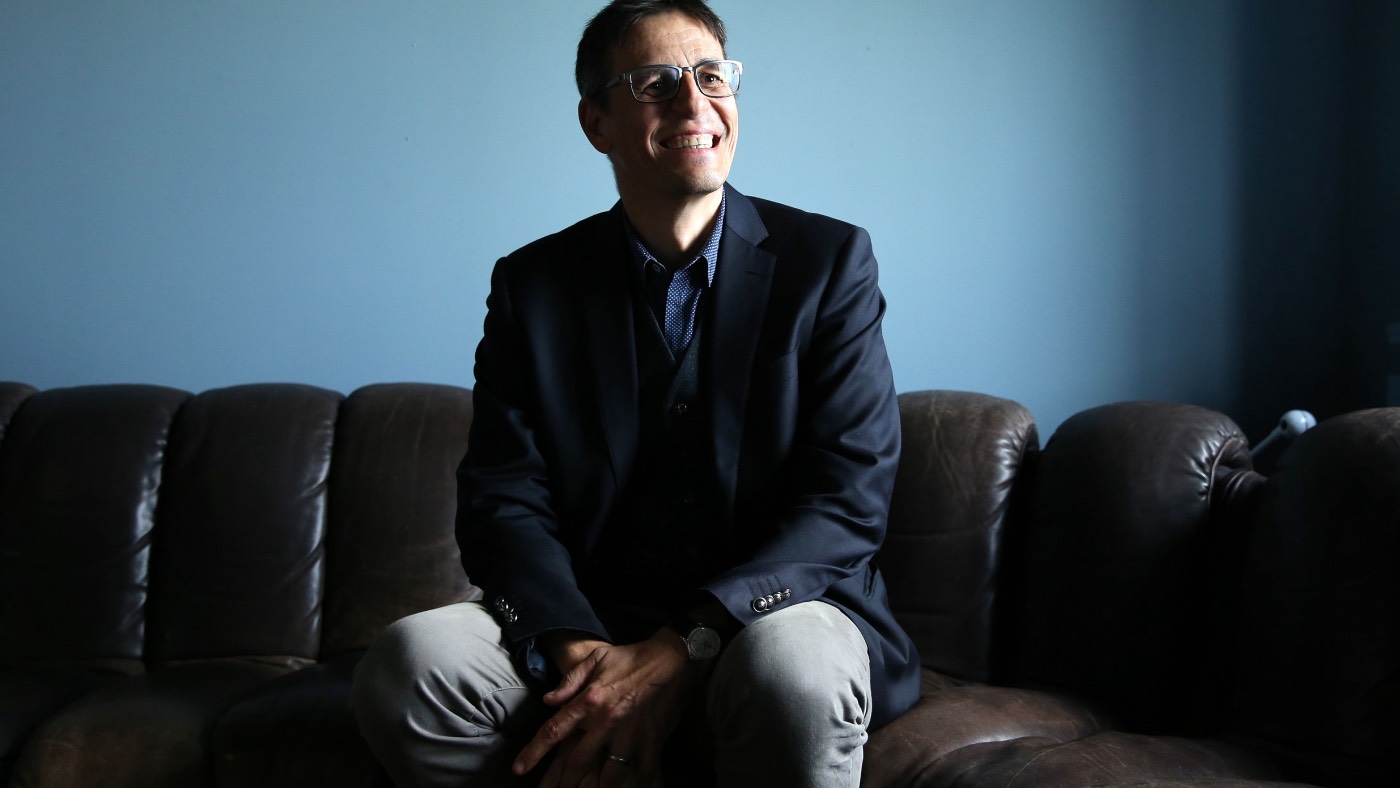 Trio win Nobel physics prize for work to understand cosmos
Trio win Nobel physics prize for work to understand cosmosSpeed Read The scientists were hailed for ‘ground-breaking’ discoveries
-
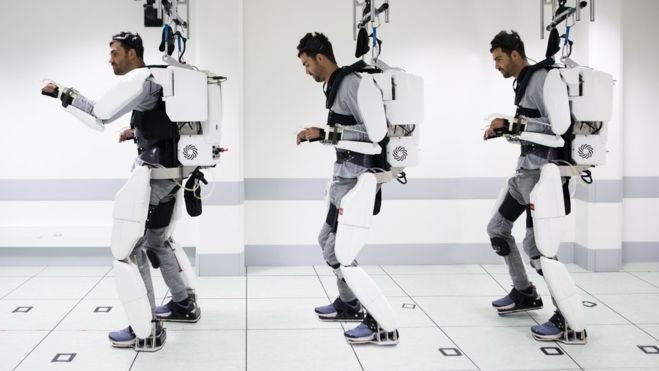 Quadriplegic man walks using mind-reading robotic exoskeleton
Quadriplegic man walks using mind-reading robotic exoskeletonSpeed Read Robo-suit hailed as huge step forward for paralysed patients
-
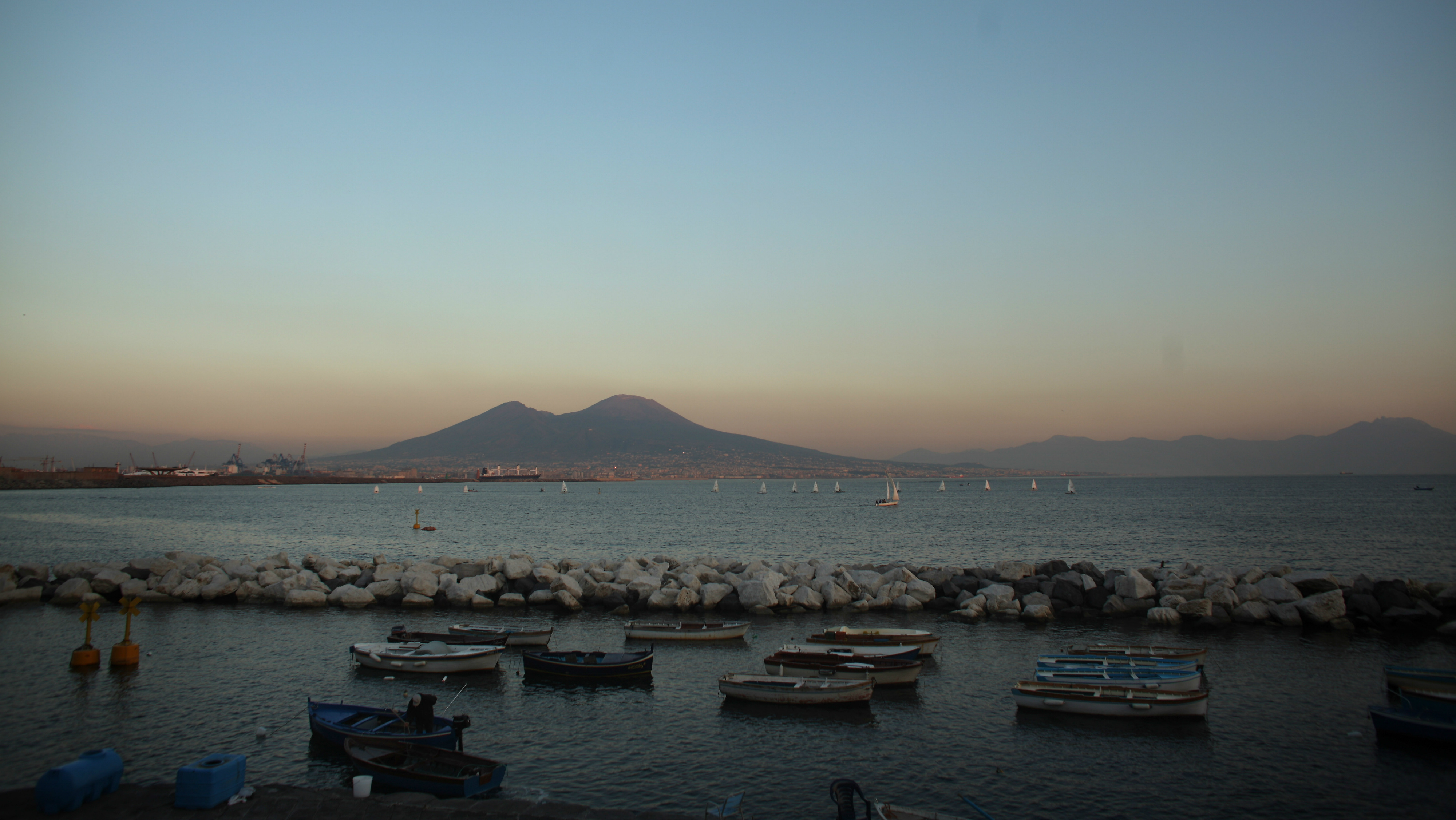 Will ancient scrolls damaged by Vesuvius be read again?
Will ancient scrolls damaged by Vesuvius be read again?Speed Read Scientists believe they have developed technology to see what is on the famous scrolls